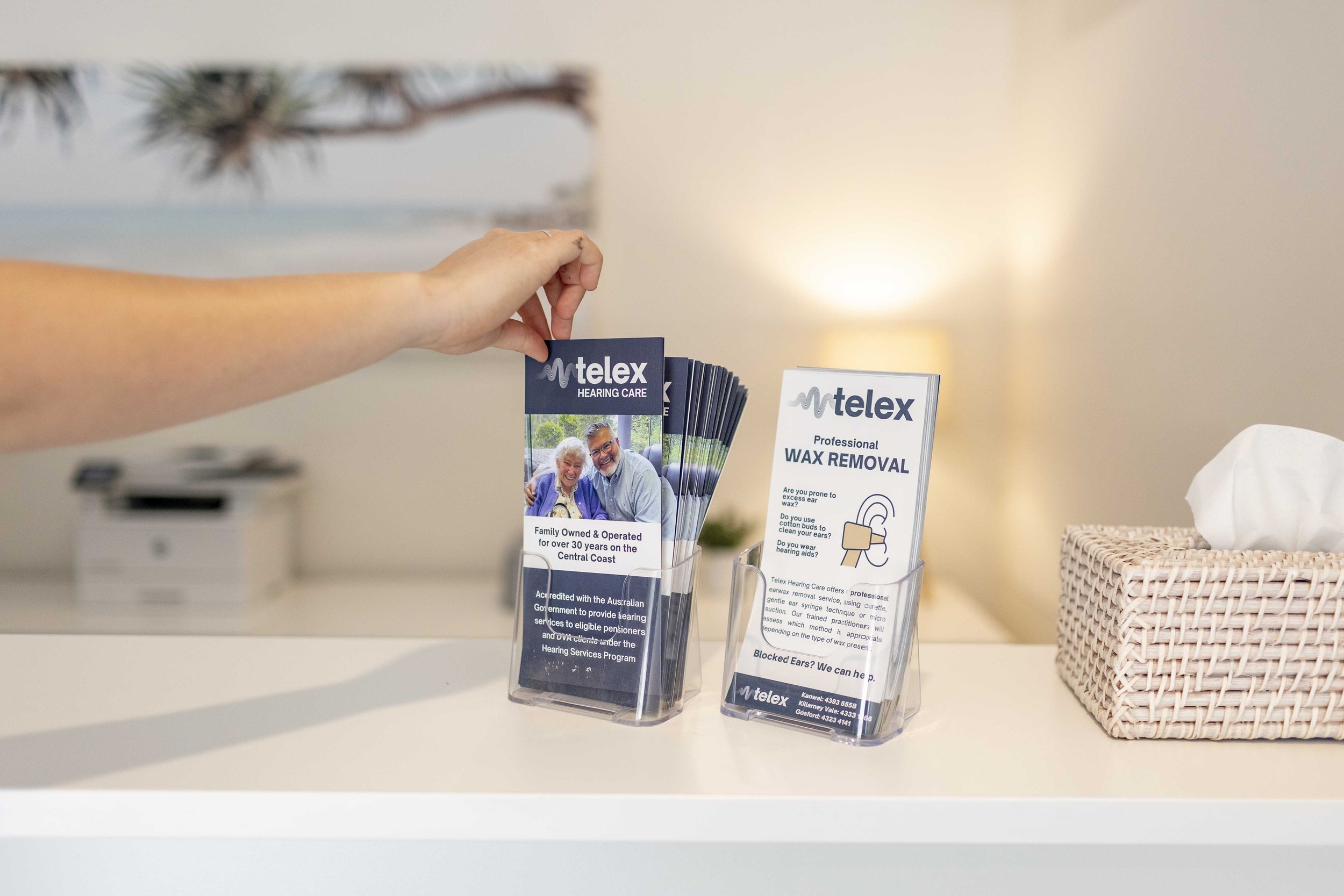FAQS
-
There could be a few reasons why you can hear some things well but struggle to understand conversations:
High-frequency hearing loss: High-frequency sounds are important for speech understanding, but they are also the first sounds to be affected by hearing loss. If you have difficulty hearing consonant sounds, such as "s," "f," or "th," it may be due to high-frequency hearing loss.
Noise-induced hearing loss: Exposure to loud noise can damage the hair cells in the inner ear that are responsible for transmitting sound to the brain. This can lead to difficulty hearing speech, particularly in noisy environments.
Age-related hearing loss: As we age, our hearing ability naturally declines. This can make it more difficult to hear and understand speech, particularly in noisy environments.
Auditory processing disorder: This is a condition where the brain has difficulty processing and interpreting sound. It can make it difficult to understand speech even if your hearing is normal.
If you are experiencing difficulty understanding conversations, it is important to schedule a hearing test with a hearing healthcare professional. They can help determine the underlying cause of your hearing difficulties and recommend appropriate treatment options to help you hear better.
-
The ringing or buzzing sound you hear in your ears is called tinnitus. Tinnitus is a common condition and can have several causes, including:
Exposure to loud noise: Exposure to loud noise, such as from concerts, headphones, or loud machinery, can damage the hair cells in your inner ear and lead to tinnitus.
Age-related hearing loss: As we age, our hearing ability naturally declines. This can lead to tinnitus.
Earwax buildup: Earwax buildup can cause tinnitus by blocking the ear canal and preventing sound from traveling through.
Medications: Some medications, such as aspirin, certain antibiotics, and chemotherapy drugs, can cause tinnitus as a side effect.
Medical conditions: Medical conditions such as high blood pressure, Meniere's disease, and otosclerosis can cause tinnitus.
Stress and anxiety: Stress and anxiety can exacerbate tinnitus and make it more noticeable.
If you are experiencing tinnitus, it is important to schedule an appointment with a hearing healthcare professional. They can help determine the underlying cause of your tinnitus and recommend appropriate treatment options to help manage your symptoms.
-
Whether you need one or two hearing aids depends on your individual hearing needs. In most cases, people with hearing loss in both ears benefit from wearing two hearing aids, also known as binaural hearing aids. Here are some reasons why wearing two hearing aids may be recommended:
Better speech understanding: Wearing two hearing aids can improve speech understanding, particularly in noisy environments. It can also help you localise sound and determine where sounds are coming from.
Balanced hearing: Wearing two hearing aids can provide a more balanced hearing experience. It can also help prevent auditory deprivation, which occurs when one ear is not being stimulated enough.
Improved sound quality: Wearing two hearing aids can provide a more natural and comfortable listening experience. It can also help reduce the amount of amplification needed in each individual hearing aid.
Preservation of hearing: Wearing two hearing aids can help prevent further hearing loss in the unaided ear.
However, if you have hearing loss in only one ear or if your hearing loss is asymmetrical, meaning it is more severe in one ear than the other, you may only need one hearing aid.
It's important to consult with a hearing healthcare professional who can help determine the best solution for your specific hearing needs.
-
The cost of hearing aids in Australia can vary widely depending on several factors, including the type of hearing aid, the level of technology, and the features and accessories included.
Firstly, it is important to know that the Australian Government provides subsidies for hearing assessments and the fitting of hearing aids through the Hearing Services Program to eligible pensioners, veterans, and other adults with specific healthcare cards and it is important for you to speak to us first to find out if you are eligible.
If you are not eligible, and considered a private patient, the cost of a hearing aid in Australia can range from around AUD $1,000 to AUD $10,000 or more per ear, depending on the type of aid and who you purchase from. However, at Telex we have a range of options to suit your budget with our premium devices retailing for under $5000 each. Private health insurance may also provide coverage for hearing aids, so it is important to check with your insurance provider to see what benefits are available.
It is important to note that the cost of a hearing aid is an investment in your overall health and well-being, and the benefits of improved hearing can greatly outweigh the cost. It is also important to work with a qualified hearing healthcare professional to ensure that you are fitted with the most appropriate hearing aids for your specific loss, and for your individual hearing needs and lifestyle.
-
It is not uncommon to be referred by your GP or ENT, however it is not needed. You can just call our friendly staff to arrange an appointment.

